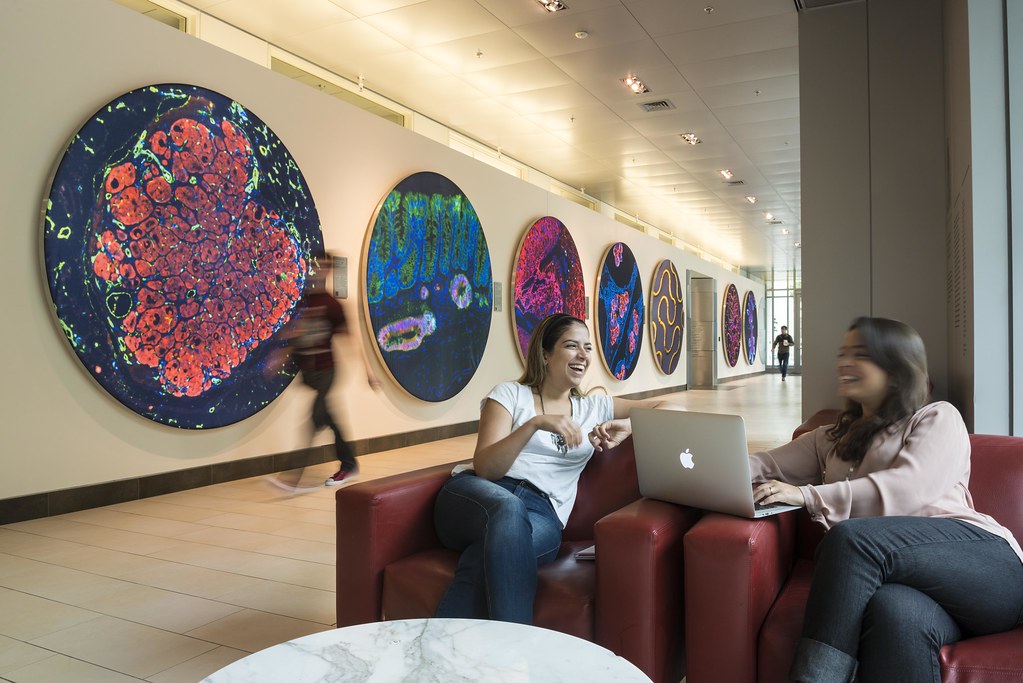
The sections below describe many of the elements of the MIT EECS Graduate Program, and contain explanations of the requirements and in some cases the opportunity to complete fillable forms.
Current EECS SM and PhD students should use the EECS PhD Status Portal for entering administrative plans and proposed activities.
Departmental Requirements
Graduate Counselor Assignments
Also known as academic advisors, Grad Counselors are assigned prior to matriculation, and are meant to offer advice on departmental requirements and timeline for completion of degree milestones.
Research Supervisor Agreement Form
Also known as the “Purple Form”, this advisor selection form is used by first-year graduate students to document the initial advising relationship and subsequent changes.
The Technical Qualifying Evaluation (TQE): Instructions for Students
The TQE plan should be declared by February 15, following a June or September admission. Four subjects should be selected out of three boxes on the grid. The TQE is typically completed by the end of the 4th semester.
Once a student has submitted a TQE plan using the PhD Status Portal, the Grad Office will notify the student and their graduate counselor that their plan has been recognized by the EECS Department. Changes to an approved plan should be made with the Grad Administrator.
The Research Qualifying Evaluation (RQE): Description and Process
Please find information on applying for an EECS RQE, which is the second step in the doctoral-qualification process. Typically, the RQE is applied for and completed in the 5th or 6th term of the graduate program. Guidance on preparing for the RQE is available here from the EECS Communication Lab.
The minor is a doctoral program requirement, consisting of two graduate subjects with a coherent theme, which is different from the research topic. The minor should be at least 18 units. Language acquisition minors require special approval.
Professional Perspective Graduate Requirement
Two units of professional perspective are required of students who started the program on or after June 2019. There are many options for completing the requirement. Internships should be restricted to Summer and IAP terms. Work authorization issues need to be carefully considered by international students.
Masters (SM) and Doctoral (PhD/ScD) Thesis Proposal Guidelines
A thesis proposal is required of all students writing a masters or doctoral thesis. In order for it to be an effective proposal, it should be submitted at least a year before completion of the thesis itself. The elements of the proposal are a cover page, proposal content, timeline, and references. The proposal should be signed by the research advisor(s). In the case of a doctoral proposal, the thesis committee need to sign off on agreement forms, as below. Completed proposals (and agreements) can be emailed to Meredith Bittrich and Alicia Duarte.
Guidance on writing a thesis proposal is available here from the EECS Communication Lab.
Doctoral Thesis Supervision Agreement Form
Doctoral Thesis Reader Agreement Form
Doctoral Thesis Committee Progress Report
Used by doctoral students to document a thesis committee meeting; annual meetings are recommended.
Used by students for special requests, such as language acquisition minors, waiver of requirements, CS students wishing to use entire TQE grid, etc.
Final SM and Doctoral Thesis
MIT Libraries Thesis Preparation
Thesis Defense Procedures
SM theses do not require a defense. As we emerge from the pandemic, doctoral thesis defenses can be held in person, or in a hybrid fashion. Doctoral defenses are listed on our EECS events calendar.
Final Thesis Submission
MIT has migrated to an electronic thesis submission process. Signatures are no longer required on the cover page, but the cover page must conform precisely to Institute standards. Meredith and Alicia in the EECS Graduate Office can advise degree candidates on the thesis submission process. There are also various forms to be completed at the time of a thesis submission. The EECS Graduate Office will communicate with all degree candidates within two weeks of the start of the term.
Thesis Submission Procedures for February 2025
At the link above, we provide instructions for our new process, where students will upload the final thesis and accompanying documents directly to the EECS Graduate Portal.
Sample SM Dual Thesis Cover Page
For the February 2024 degree list, the thesis submission deadline will be Friday, January 24th (at 3 pm).
Additional Resources
Reference Materials for Incoming Graduates
Please use this handbook of Reference Materials for EECS Graduate Students – especially if you have questions at 3am
Most theses will be supervised by a member of the Electrical Engineering and Computer Science (EECS) faculty. This guide is intended to help students who are seeking a thesis topic and an appropriate thesis supervisor by listing the EECS faculty and their research.
MIT Academic Integrity Handbook
To ensure that all MIT students understand the high academic standards of the Institute, we have prepared this handbook to help guide you when you approach the writing, research, coding and test-taking tasks your classes will demand of you.
The EECS Communication Lab offers free, 1-on-1 coaching for any writing, speaking, or visual design task for anyone affiliated with MIT EECS.
Additional Employment Request Form
This funding is made available to continuing students who run into financial difficulty due to circumstances which are beyond their control. These funds are intended to ‘bridge’ a gap in RA/TA funding and are awarded for one term only. Please speak with Leslie Kolodziejski or Meredith Bittrich before submitting this form.
Petitioning for EECS SM Dual Degree: Instructions for Current MIT Graduate Students
Please find information on the petitioning process for a dual SM degree with the EECS department. Students who are interested in pursuing a dual SM degree with EECS must apply two terms in advance of their intended completion of the dual degree; and must be currently enrolled in an MIT terminal master’s program. Students pursuing a PhD within other MIT departments are not eligible for this program.